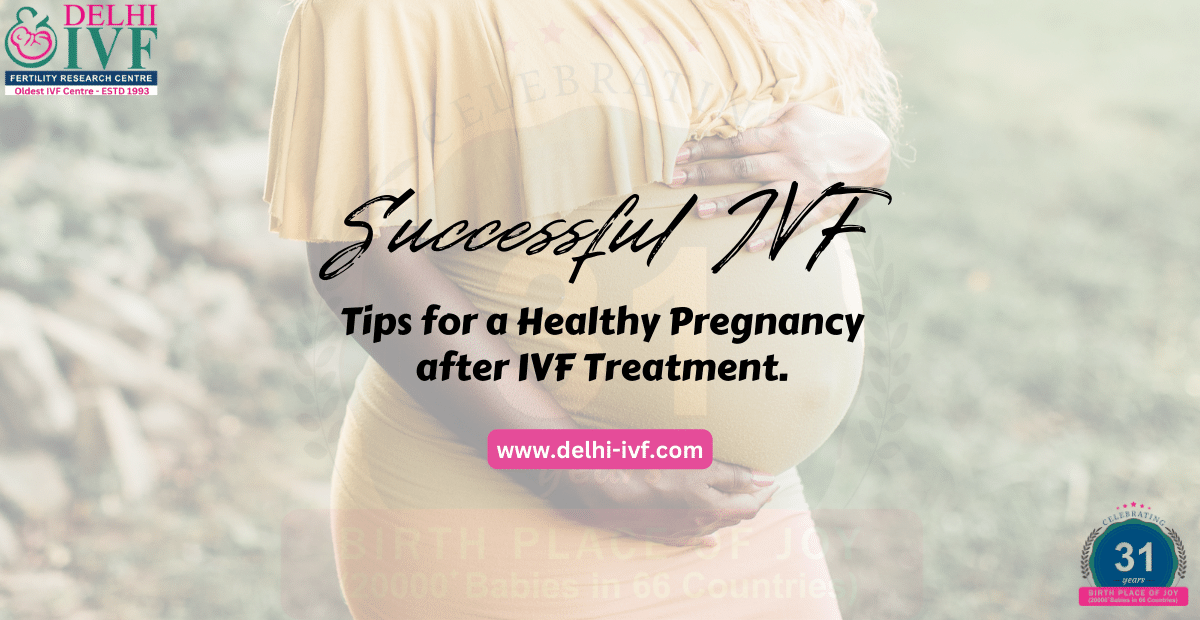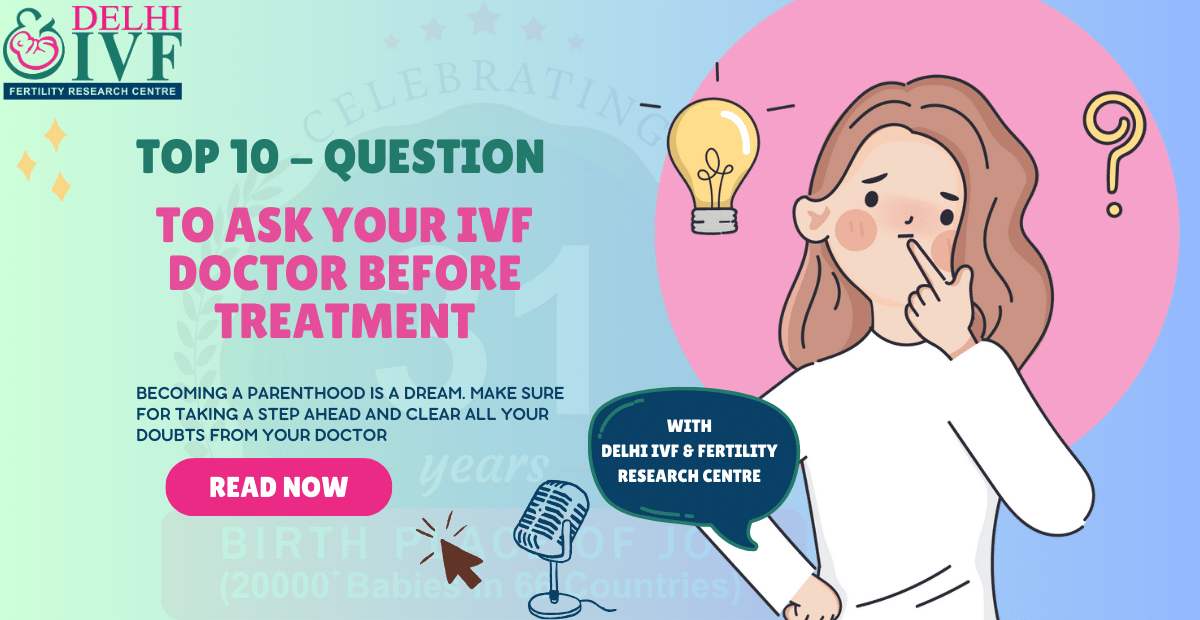Embarking on an IVF journey is both exciting and challenging. As you prepare for pregnancy through IVF, it is crucial to adopt a healthy diet and lifestyle to support both your body and your baby’s development. A balanced diet and good lifestyle habits can improve the chances of a successful pregnancy and ensure that you and your baby remain healthy throughout this special time.
We will share essential diet tips, lifestyle suggestions, and the best foods for IVF pregnancy to support your IVF journey and promote the growth of a healthy baby.
IVF Pregnancy Diet: What to Eat for a Healthy Pregnancy
A healthy IVF pregnancy diet is essential for the well-being of both the mother and the baby. The right foods will not only support the IVF process but also help you prepare for a healthy pregnancy.
Key Nutrients for IVF Pregnancy
- Folic Acid
Folic acid, or folate, is one of the most important nutrients to include in your diet before and during pregnancy. It helps prevent birth defects in the brain and spine of your baby. You can find folate in foods like leafy greens (spinach, kale), citrus fruits, beans, and fortified cereals. Taking folic acid supplements as prescribed by your doctor is also important. - Protein
Protein is the building block of cells and tissues, essential for your baby’s growth. Include a variety of protein-rich foods such as lean meats, eggs, dairy products, legumes, and tofu. Protein helps support both your body and your growing baby during pregnancy. - Iron
During IVF pregnancy, iron is crucial to avoid anemia, which is common in pregnancy. Foods rich in iron include red meat, chicken, beans, lentils, and fortified cereals. Pairing iron-rich foods with vitamin C (like oranges or bell peppers) helps your body absorb iron more efficiently. - Healthy Fats
Healthy fats, such as those found in avocados, nuts, seeds, and fatty fish (like salmon), are essential for hormone production and fetal brain development. Omega-3 fatty acids, in particular, play a vital role in the development of your baby’s brain and eyes. - Calcium and Vitamin D
These nutrients are important for bone health for both mother and baby. Dairy products (milk, yogurt, cheese), fortified plant milks, and leafy greens are excellent sources of calcium. Vitamin D helps your body absorb calcium, so spend some time in the sun or opt for fortified foods like eggs and fortified cereals. - Hydration
Staying hydrated is key to maintaining good health during IVF pregnancy. Drink plenty of water throughout the day to support your body’s increased blood volume and to prevent dehydration. Herbal teas (like ginger or peppermint) and coconut water are also good options.
Best Foods for IVF Pregnancy
Here’s a quick list of some of the best foods for IVF pregnancy:
- Leafy greens (spinach, kale, broccoli)
- Citrus fruits (oranges, grapefruits)
- Berries (blueberries, strawberries, raspberries)
- Nuts and seeds (almonds, walnuts, chia seeds, flaxseeds)
- Lean proteins (chicken, turkey, tofu, legumes)
- Whole grains (brown rice, quinoa, whole wheat bread)
- Fatty fish (salmon, mackerel, sardines)
- Eggs
- Dairy products (yogurt, milk, cheese)
Incorporating these foods into your diet will provide you with the essential nutrients needed for a healthy IVF pregnancy.
Lifestyle Tips for IVF: How to Support a Healthy Pregnancy
A healthy lifestyle plays a key role in supporting your IVF journey and ensuring a smooth pregnancy. Here are some lifestyle tips that can make a big difference:
1. Stay Active, But Don’t Overdo It
Light to moderate exercise is beneficial during IVF pregnancy. Regular activities such as walking, swimming, or prenatal yoga can help improve circulation, reduce stress, and maintain a healthy weight. However, avoid high-impact exercises or any activities that could put too much strain on your body. Always consult with your doctor before starting any new exercise routine.
2. Manage Stress
Stress can have a negative impact on both fertility and pregnancy, so it’s important to focus on relaxation. Practice stress-reduction techniques like deep breathing, meditation, or gentle yoga. Spending time outdoors, listening to music, or enjoying hobbies can also help reduce stress levels.
3. Sleep Well
Getting enough sleep is crucial during your IVF pregnancy. Aim for 7-9 hours of quality sleep every night. Adequate sleep helps your body recover, manage stress, and support the physical changes that are happening as your pregnancy progresses.
4. Avoid Smoking and Alcohol
It’s critical to avoid smoking and alcohol during IVF and pregnancy. Both can interfere with hormone balance, reduce the chances of a successful IVF pregnancy, and harm the developing fetus. Limit caffeine intake as well, as it can impact your fertility and overall pregnancy health.
5. Regular Prenatal Checkups
During IVF pregnancy, regular visits to your healthcare provider are essential to monitor both your health and the development of your baby. Follow your doctor’s advice and attend all necessary prenatal appointments to ensure a smooth and healthy pregnancy.
6. Maintain a Healthy Weight
Maintaining a healthy weight is important for both the IVF process and pregnancy. Obesity or being significantly underweight can impact fertility and increase the risk of complications during pregnancy. If you’re unsure about your ideal weight, consult with a nutritionist or your healthcare provider.
IVF Nutrition: Foods to Avoid During IVF Pregnancy
While it is important to focus on healthy foods during IVF pregnancy, it is equally important to avoid certain foods that can negatively affect your fertility or the health of your baby. Some foods that you can avoid during pregnancy are:
- Raw or undercooked seafood, eggs, and meats: These can carry the risk of foodborne illness, which can be harmful during pregnancy.
- Unpasteurized dairy products: These can contain harmful bacteria that could affect your pregnancy.
- Caffeine and alcohol: Both should be avoided, as they can negatively affect fertility and pregnancy.
- Processed and sugary foods: These can lead to weight gain, gestational diabetes, and other complications.
By avoiding these foods and focusing on a nutrient-rich diet, you will be giving your IVF pregnancy the best chance for success.
Lifestyle for IVF Success: A Holistic Approach
When it comes to IVF success, a holistic approach is key. This includes maintaining a healthy diet, staying active, managing stress, and adopting positive lifestyle habits. A balanced lifestyle can improve your overall fertility health, making your IVF journey smoother and more successful.
Adhering to these diet and lifestyle tips is essential to ensure a healthy and happy pregnancy after IVF.
Why Choose Delhi-IVF for Your IVF Treatment
If you are considering IVF treatment, Delhi-IVF is one of the leading fertility clinics in India, known for its high success rates. We have treated 21000+ couples, which includes 66 complicated cases. Many patients, including those from abroad, trust Delhi-IVF for their IVF treatment due to its advanced technology, compassionate care, personalized approach and customized treatment. Delhi-IVF offers a range of fertility treatments and support to ensure the best possible outcome for your IVF journey. Whether you are looking for expert IVF care or assistance with maintaining a healthy lifestyle during pregnancy, Delhi-IVF is here to guide you every step of the way.
By focusing on a healthy diet, maintaining a balanced lifestyle, and seeking guidance from trusted fertility experts like Delhi-IVF, you are setting yourself up for success on your IVF journey and in your pregnancy.











 Your Journey to Parenthood Begins with us!
Your Journey to Parenthood Begins with us!